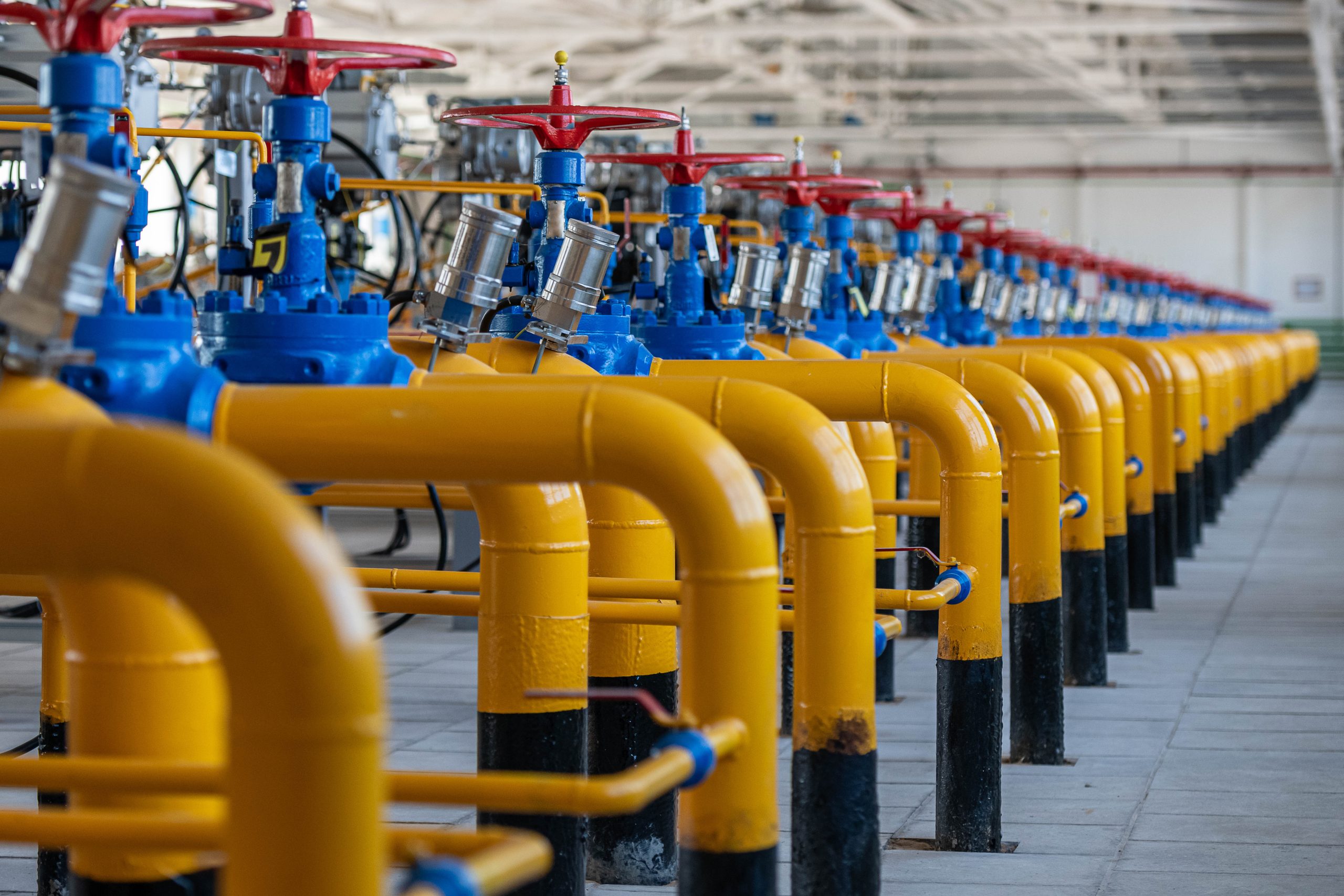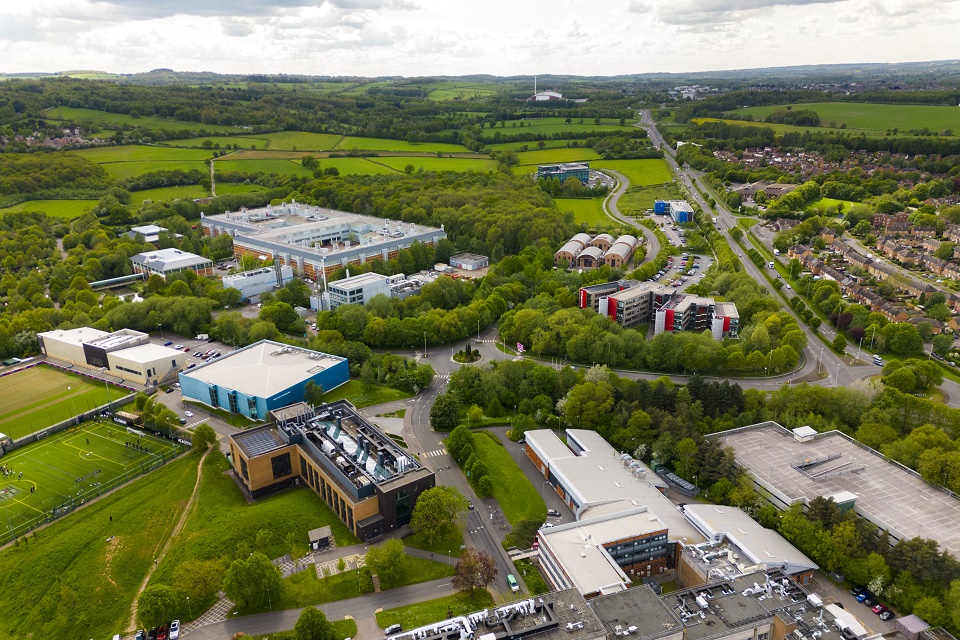Gas Goes Green: Could Biomethane Assist Hydrogen in the Grid?

A collaboration between British gas networks will explore how biomethane could work alongside hydrogen to decarbonise the gas network and accelerate efforts to meet net zero.
The ‘Maximising the Role of Green Gas’ project, which was formally announced at the ADBA National Conference in London last week, will investigate biomethanes potential to deliver quicker reductions in carbon emissions and potential cost savings to customers.
Through the project, researchers will also investigate how biomethane and hydrogen interact, and demonstrate how combining them could decarbonise the gas network using its existing infrastructure, saving costs.
It is hoped that scaling up the production of biomethane alongside the UK’s target to develop 10GW of hydrogen production by 2030, the gases could work in conjunction to accelerate net zero efforts.
Biomethane has proven its decarbonisation capabilities
The UK already produces and utilises biomethane, making greenhouse gas emissions savings equivalent to 1.2 million tonnes of carbon in the last year.
The gas is produced using organic feedstock that would otherwise go to waste, such as animal slurry, food waste, farm material, and sewer sludge.
As a green fuel source, biomethane also generate negative carbon emissions when paired with carbon capture and utilisation or storage.
With 110 plants across the UK, there is capacity to produce enough biomethane to heat over 770,000 homes a year.
Five UK gas networks are collaborating on the project
The project has united the UK’s five gas networks: Wales & West Utilities, Cadent, SGN, National Gas, and Northern Gas Networks.
Together, they are setting out to gain an insight into the challenges and potential for biomethane production in the UK.
Furthermore, the project will inform the organisations on the impact developing biomethane alongside low carbon hydrogen will have on future network development, technology needs, and investment.
The collaboration is taking place under Energy Networks Association’s Gas Goes Green Programme, which seeks to create the world’s first zero carbon gas grid through the adoption of hydrogen for 85% of connected UK households.
Wales & West Utilities Head of Net Zero and Sustainability, Matt Hindle, who is leading the project, said: “Homes, industries, transport and power generation all rely on the gas networks today and need solutions to help them meet net zero.
“The UK has one of the world’s leading biomethane sectors, with over 100 sites injecting green gas into our networks, and an ambitious government strategy for low carbon hydrogen. As gas networks, we need to ensure that biomethane and hydrogen can work together seamlessly in the 284,000km of pipelines we operate across Britain.
Repurposing these networks for use with green gases like hydrogen and biomethane to help meet the challenge of the climate change act has the potential to reduces costs and with minimise gas customer disruption to gas customers compared to alternative decarbonisation solutions.
The final report, which is being delivered in partnership with ARUP, will document interactions between biomethane and hydrogen production, options for biomethane sites to produce hydrogen and hydrogen to support biomethane production, and consider the implications for the energy system.

